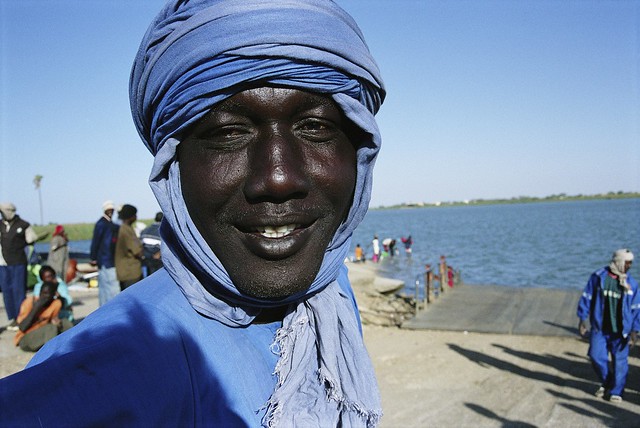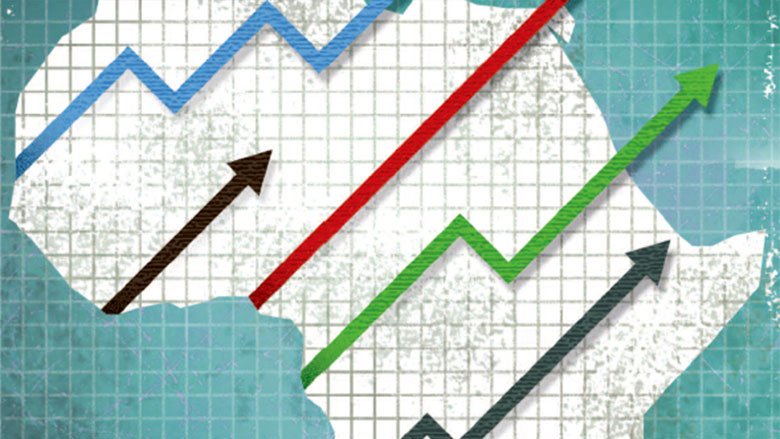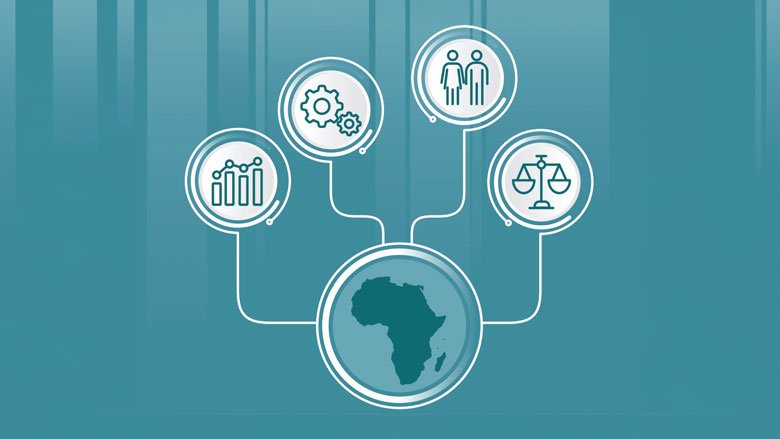Guinea-Bissau, one of the world’s poorest and most fragile countries, has a population of about 1.9 million. Guinea-Bissau borders Senegal to the north and Guinea to the south, and it’s Atlantic Ocean coast is composed of the Bijagós archipelago, with 88 islands. Despite its small size, Guinea-Bissau is host to a large variety of ethnic groups, languages, and religions.
Political Context
Guinea-Bissau has a history of political and institutional fragility dating back to its independence from Portugal in 1974. It is one of the most coup-prone and politically unstable countries in the world. Since independence, four successful coups have been recorded, with another 17 coups attempted, plotted, or alleged. Some progress has been made with the previous president, José Mário Vaz to be the first to complete a full term since independence. The 2019 presidential elections were followed by a political crisis that ended in April 2020 with ECOWAS recognition of Umaro Sissoco Embaló as President of the Republic. Following a political crisis and the dissolution of Parliament by President Embaló in May 2022, early legislative elections took place in June 2023. In December 2023, Parliament was dissolved and closed following a constitutional crisis, and a presidential initiative government was appointed.
Economic Overview
Real economic growth remained 4.2%. A problematic cashew campaign prevented economic activity expanding further than in 2022. Consequently, poverty is estimated to have increased to 26.7% in 2023 from 26% in 2022, equivalent to over 27,000 additional poor people based on the international poverty line of $2.15 (in 2017 PPPs). Inflation fell to 7.2%, from 7.9% in 2022. However, this aggregated annual figure masks the monthly trend of falling inflation with H1 averaging approximately 10% of inflation and it is falling in H2 to reach 3% in November and December. Lower-than-expected customs receipts from weak cashew export performance caused total revenue including grants to fall from 15.2% of GDP to 13.9%, with tax revenue remaining unchanged at 9.3% driven by higher direct taxation. Despite efforts made on reducing the official wage bill to 52.6% of tax receipts (76.6% of the true wage bill which considers benefits and incentives paid to staff besides their salaries), higher-than-planned discretionary spending, especially in the energy sector, caused total government expenditure to increase from 21.3% of GDP to 21.5%. Consequently, the overall fiscal deficit widened to 7.6% of GDP in 2023 from 6.1% in 2022. Public debt fell to 77.8%.
Economic activity is expected to expand by 4.7% (0.7% in per capita terms) in 2024, as cashew exports recover from 2023. Nine new customs posts at land crossings into neighbouring countries should help curtail smuggling, which coupled with strengthened budget control should cause the fiscal deficit to contract to 4.8%. Debt is forecasted to fall again to 75.6% of GDP. Inflation is projected to continue falling to 2%.
The outlook is subject to downside risks from regional and international geopolitical developments, shocks to the cashew sector, domestic political instability, fiscal risks, and climatic shocks. Risks associated with banking instability and the SOE sector also remain a threat to macro-financial stability.
Reduced fiscal space leaves fewer resources for pro-poor government spending. Addressing inequality in the country also requires efforts to improve service delivery and enhance access to basic services. However, accelerating or even sustaining poverty reduction will be difficult if the major development challenges that constrain growth, inclusiveness, and sustainability are not addressed.
Last Updated: Mar 19, 2024









